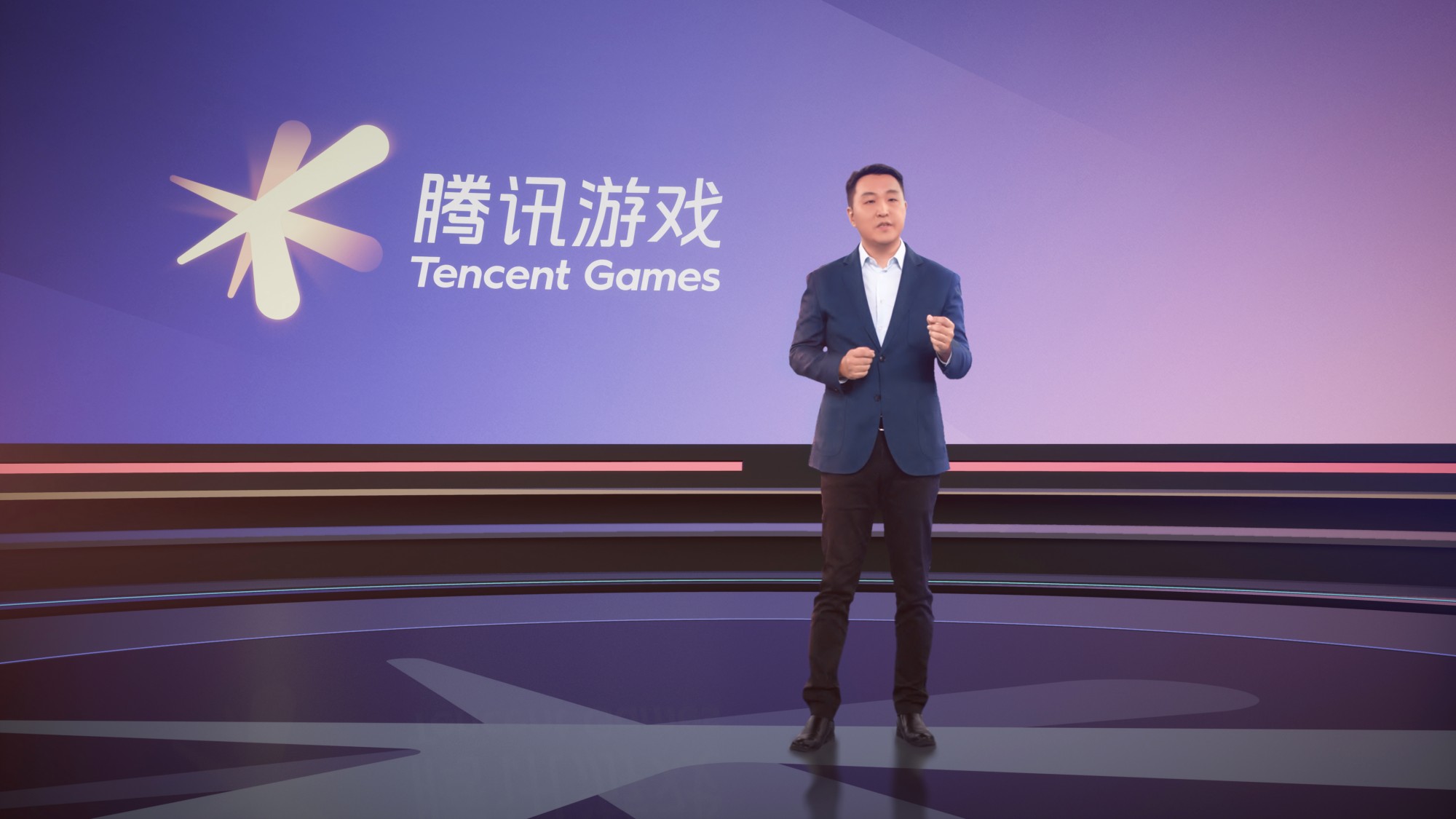Officials urge the public to stay vigilant about data privacy, app authenticity
Abu Dhabi — A surge in AI-powered applications transforming selfies into dreamy, Studio Ghibli-style artwork has captivated social media users worldwide.
But behind the whimsical aesthetic, UAE cybersecurity officials and experts are warning of serious privacy concerns, data misuse, and deeper social implications.
Speaking to Gulf News, Dr Mohamed Al Kuwaiti, Head of Cybersecurity for the UAE Government, urged the urgent need for personal data protection in an era of rapidly advancing technology. He cautioned that engaging with unofficial or unverified applications may result in account breaches or data leaks.
“Cybersecurity threats aren’t new,” said Dr. Al Kuwaiti. “But as AI becomes more accessible, users need to be more aware than ever. Sharing personal photos with untrusted sources can open the door to exploitation.”
Beyond aesthetics
Dr Al Kuwaiti stressed that data privacy is a shared responsibility — not only for individuals but also for institutions. He noted that AI’s benefits are undeniable, but users must understand how their personal data is processed and stored by these apps.
“We must implement strong cybersecurity standards across all platforms. Awareness should go beyond the app — it needs to encompass the entire digital ecosystem,” he said.
ChatGPT
He also praised the potential of AI tools like ChatGPT, calling them cornerstones of a new technological era. He acknowledged that creative applications, such as converting photos into stylised images, reflect the exciting evolution of AI — but also its dual-use potential.
Legal and ethical red flags
Media and legal professionals are also sounding the alarm. Emirati journalist and UAE Journalists Association member Adel Al-Rashed said that while AI-generated content offers exciting creative possibilities, there are significant risks if misused.
“These unofficial, free-to-use apps often mimic trusted platforms, but can exploit user data,” Al-Rashed warned. “They may store or share images with unknown entities, increasing the risk of cyber threats.”
Al-Rashed encouraged users to stick with verified, secure applications. He highlighted that paid versions of platforms like ChatGPT — such as the Pro or Teams editions — include stronger privacy protections, including options to disable data sharing.
Adaptation over alarm
Social media influencer Ibrahim Al-Thahli shared a more balanced perspective, acknowledging both the excitement and risks associated with AI-driven creativity. He said the technology adds a new dimension to everyday life and is now essential to how people engage online.
“Security risks have always been part of the internet age. What’s new is the speed and scale at which AI can create images — sometimes without consent,” Al-Thahli said.
Still, he urged the public not to be driven by fear, especially from those without technical expertise.
“There are risks, but they’re manageable. What’s important is to educate people and equip them with the tools to engage with AI wisely,” he added.
He concluded by reaffirming that the UAE’s focus on building a knowledge economy is about empowerment — not fear.
“We should encourage society to embrace AI, understand it, and use it safely. That’s the foundation of digital resilience,” he added.




